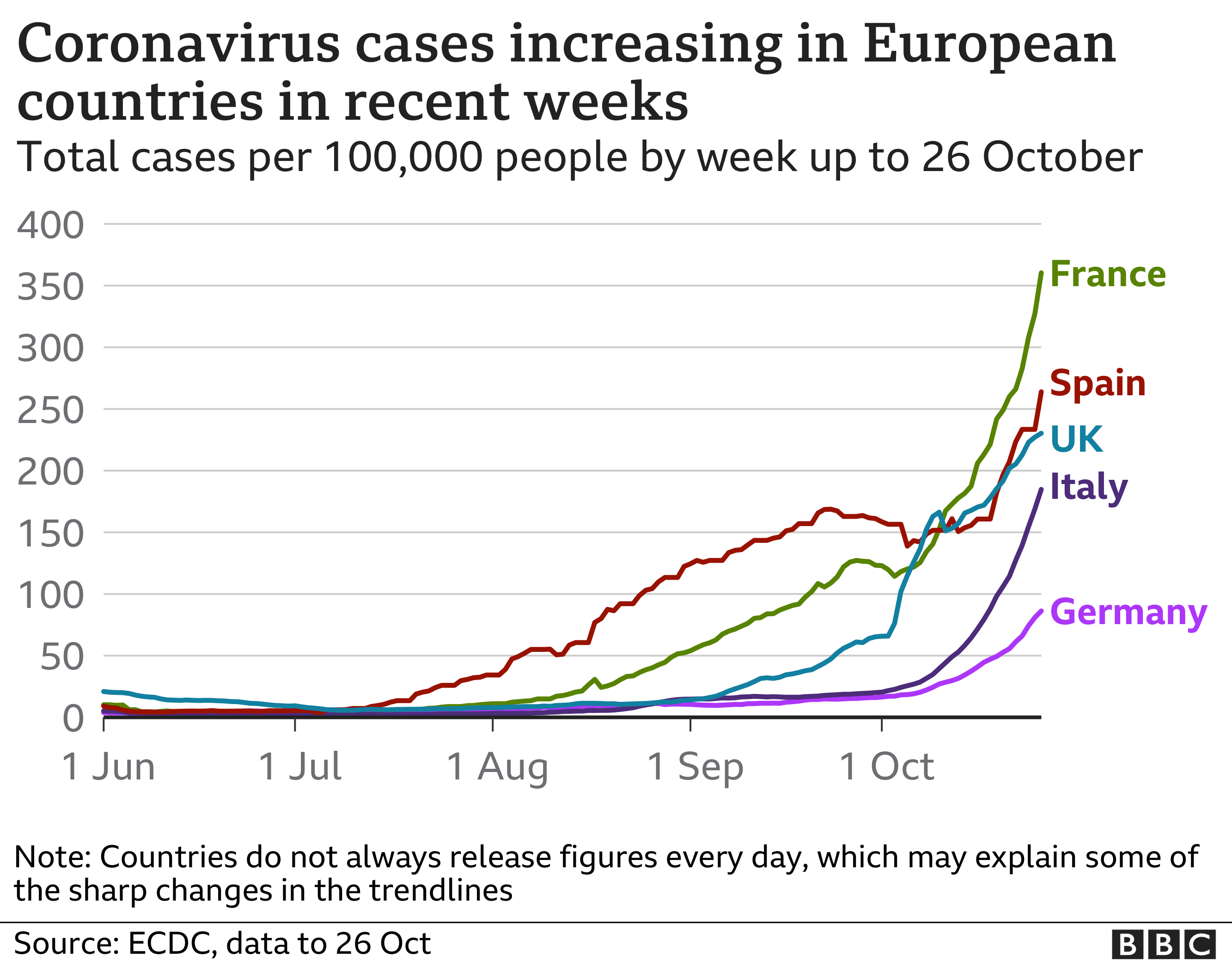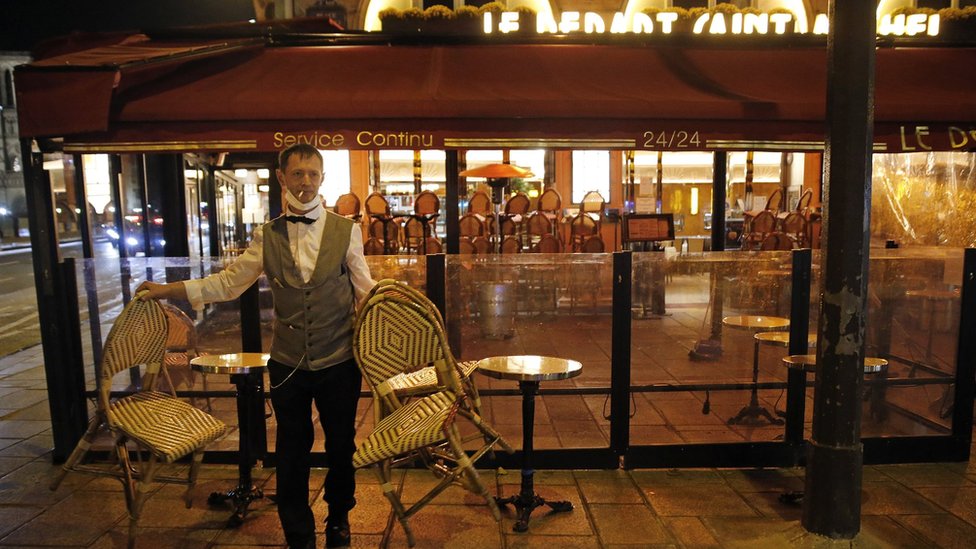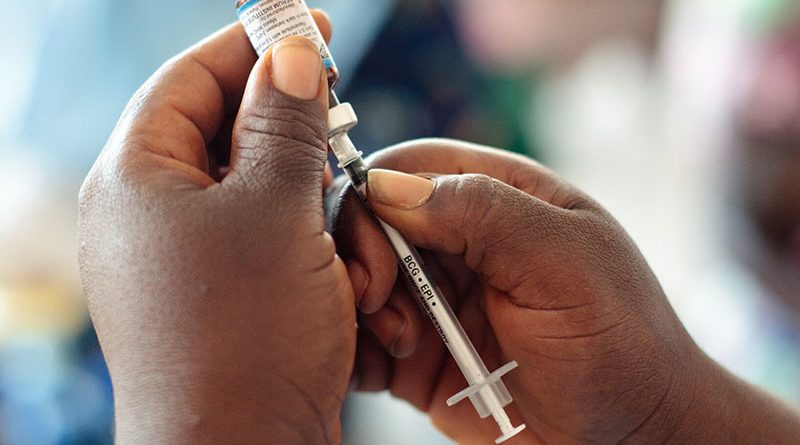THE European Union (EU) has agreed to provide Mozambique with 100 million euros ($116.30 million) in coronavirus-related aid, according to EU Ambassador Antonio Sanchez-Benedito Gaspar.
The EU cut off direct budget support to Mozambique in 2016 after the country revealed the existence of hefty state-guaranteed loans that it had not previously disclosed. A number of other donors including the International Monetary Fund also halted aid to Mozambique.
Sanchez-Benedito Gaspar told a press conference in the capital Maputo that the agreement had “different characteristics” to the direct budget support the EU used to provide and was focused specifically on helping with the socio-economic consequences of the COVID-19 pandemic.
“We are happy to have carried out this specific two-year program, for an amount of 100 million euros,” he said, adding the agreement was covered by monitoring and transparency clauses.
Mozambique had reported 13,130 cases of the coronavirus as of Monday, with 94 deaths.
Source– Thomson Reuters Foundation.
KENYA has joined the global clinical trial of Oxford University’s vaccine candidate against the new coronavirus, the state medical research institute has announced.
The vaccine candidate, known as ChAdOx1 nCoV-19, has been developed jointly with AstraZeneca and is being evaluated in four countries: Britain, South Africa, Brazil and now Kenya.
“To ensure that Kenyans can benefit… if it proves to be successful, it is important to assess its performance among Kenyan volunteers,” the Kenya Medical Research Institute (KEMRI) said in a statement.
KEMRI has already vaccinated the first volunteers after receiving the required regulatory and ethical approvals, it said.
The experiment in Kenya will initially involve 40 frontline workers in the coastal county of Kilifi.
If that phase ascertains the vaccine’s safety, then an additional 360 volunteers will also be recruited into the programme.
The East African nation has seen a surge in the weekly number of infections in the past month after the government lifted some restrictions aimed at curbing the spread of the virus.
It has so far recorded 52,612 confirmed cases of COVID-19 and 964 deaths.
The novel coronavirus has killed more than 1.17 million people, shuttered swathes of the global economy and turned normal life upside down for billions of people.
The Oxford/AstraZeneca vaccine is expected to be one of the first from big pharma to secure regulatory approval, along with Pfizer and BioNTech’s candidate, as the world tries to plot a path out of the COVID-19 pandemic.
Source: The African Mirror
ACTIVISTS called on pharmaceutical companies to be transparent about the costs and terms of providing COVID-19 vaccines, saying they must be available and affordable for all.
French drugmaker Sanofi and Britain’s GlaxoSmithKline said they would supply 200 million doses of their COVID-19 candidate vaccine to the global COVAX vaccine facility backed by the World Health Organization (WHO) and the GAVI vaccine alliance.
Medecins Sans Frontieres (Doctors Without Borders) demanded the two companies provide details around price, supply and distribution of any vaccine proven safe and effective.
“Pharmaceutical corporations Sanofi and GSK must sell their vaccines at-cost and open their books to show the public exactly how much it costs to make the vaccine,” said Kate Elder, senior vaccines policy adviser at MSF’s Access Campaign.
“There is no room for secrets during a pandemic and past experience tells us that we can’t take pharma at their word without data to back up their claims,” she said in a statement.
Sanofi and GSK could not immediately be reached for comment.
No company has shared information on research and development, clinical trials or manufacturing costs of potential COVID-19 vaccines, MSF said, adding this was vital for the public to assess prices set.
More than half of the expected volume of doses of leading candidate vaccines has been bought up by 13% of the world, mainly high-income countries, the medical charity said.
Human Rights Watch, in a separate report, said governments funding vaccines with public money should be transparent about terms and conditions attached.
The New York-based group urged states to back a proposal by India and South Africa to wave some aspects of intellectual property (IP) rules on patents to enable large-scale manufacturing and affordability.
A temporary IP waiver was debated this month in the World Trade Organization (WTO), but was opposed by the United States, European Union, Britain, Switzerland and others.
“Since the beginning of the pandemic our priority has been to ensure that all people enjoy the fruits of science … In these difficult times the best health technologies and discoveries cannot be reserved only for a few, they must be available to all,” WHO director-general Tedros Adhanom Ghebreyesus said at a UNESCO event on “Open Science” on Tuesday.
“Sharing data and information that is often kept secret or protected by intellectual property could significantly advance the speed at which technologies are developed,” Tedros added. – Thomson Reuters Foundation.
Source: The African Mirror
Two of Europe's biggest economies are reinstating some form of national lockdown, as the continent confronts a surge in coronavirus cases and deaths.
From Friday people in France will only be allowed to leave home for essential work or medical reasons.
President Emmanuel Macron said the country risked being "overwhelmed by a second wave that no doubt will be harder than the first".
Germany, meanwhile, is imposing a "soft" national lockdown.
The measures coming into force on Monday are less severe than in France, but they include the closure of restaurants, bars, gyms and theatres, Chancellor Angela Merkel said.
Infections are rising sharply across Europe, including the UK which on Wednesday announced 310 new deaths and 24,701 new cases.
In England, a new study shows almost 100,000 people are catching the virus every day, putting pressure on the government to change policy from a regional approach.
In France, Covid daily deaths are at the highest level since April. On Wednesday, 36,437 new cases and 244 deaths were confirmed.
German health officials said on Thursday another 89 people had died in the past 24 hours, with a record 16,774 infections.
News of the fresh restrictions being introduced in the European Union's biggest economies led to sharp falls in the financial markets on Wednesday.
"We are deep in the second wave," European Commission President Ursula von der Leyen said. "I think that this year's Christmas will be a different Christmas."
How did Europe get here?
The first wave of the virus earlier this year hit parts of Europe incredibly hard, while other areas were able to escape the worst.
Italy, Spain, France and the UK were among the worst-hit nations, with all imposing strict national lockdowns that over time brought cases, hospital admissions and deaths down to a very low level but ravaged economies.
Restrictions started to be lifted in the early summer, with non-essential shops, bars and restaurants reopening, and travel restarting. In August, cases began to rise again too, with a major acceleration in recent weeks that has alarmed policymakers.


Countries that were not hit badly by the first wave - such as the Czech Republic and Poland - have not been spared this time, with experts warning of alarming infection rates across much of the continent.
What are France and Germany doing?
In a televised address on Wednesday, Mr Macron said that under the new rules, people would need to fill in a form to justify leaving their homes, as had been required in the initial lockdown in March. Social gatherings are banned.
But he made clear that public services and factories would remain open, adding that the economy "must not stop or collapse".
"Like all our neighbours, we are submerged by the sudden acceleration of the virus," said Mr Macron.
 IMAGE COPYRIGHTGETTY IMAGES
IMAGE COPYRIGHTGETTY IMAGESMeanwhile in Germany, Chancellor Merkel said her country had to "act now" and called for a "major national effort" to fight the spread of coronavirus.
While Germany has a lower infection rate than many other parts of Europe, the speed with which the virus has been spreading in recent weeks has alarmed Berlin.
"Our health system can still cope with this challenge today, but at this speed of infection it will reach the limits of its capacity within weeks," Mrs Merkel said.
A partial lockdown will now begin in Germany on 2 November and last until 30 November under terms agreed by Mrs Merkel and the 16 state premiers.
Bars and restaurants will close except for takeaway, but schools and kindergartens will remain open. Social contacts will be limited to two households with a maximum of 10 people and tourism will be halted.
In terms of economic help, smaller companies and the self-employed badly hit by the lockdown will be reimbursed with up to 75% of their November 2019 takings.
What's the situation elsewhere in Europe?
Although cases are rising across Europe, not all countries are opting for national lockdowns.
Italy, which was the European epicentre at the start of the first wave of the virus, earlier announced new restrictions from Monday, 26 October, which will be in place for a month.
All bars and restaurants across the country have to close by 18:00, although they can provide takeaways later. Gyms, swimming pools, theatres and cinemas have to close, but museums can remain open. Gatherings for weddings, baptisms and funerals are banned.
Schools and workplaces are not closing - but many secondary schools will switch to distance learning.
Spain began its nationwide curfew on 25 October, after the government declared a new state of emergency. People in all regions, with the exception of Canary Islands, have to stay at home between 23:00 and 06:00.
According to the European Centre for Disease Prevention and Control, the Czech Republic has the worst infection rate in the continent at 1,448 cases per 100,000 people over 14 days. It has imposed a partial lockdown.
The Republic of Ireland went into a second national lockdown earlier this month for a six-week period.
How about the UK?
Cases, deaths and hospital admissions are all rising fast in the UK - however, the government has stated it is against imposing another nationwide lockdown on England.
Instead, earlier this month, officials announced a new Covid tier system, which enables regions to go into localised lockdowns.
A number of areas, including Liverpool, are in the strictest category, tier three.
However, Wales has begun a 17-day "circuit breaker" lockdown, with all non-essential retailers in the nation ordered to close and people only allowed to leave home for certain reasons.
The UK nations' devolved administrations have the right to set their own policies around Covid restrictions.
Source: BBC World News




